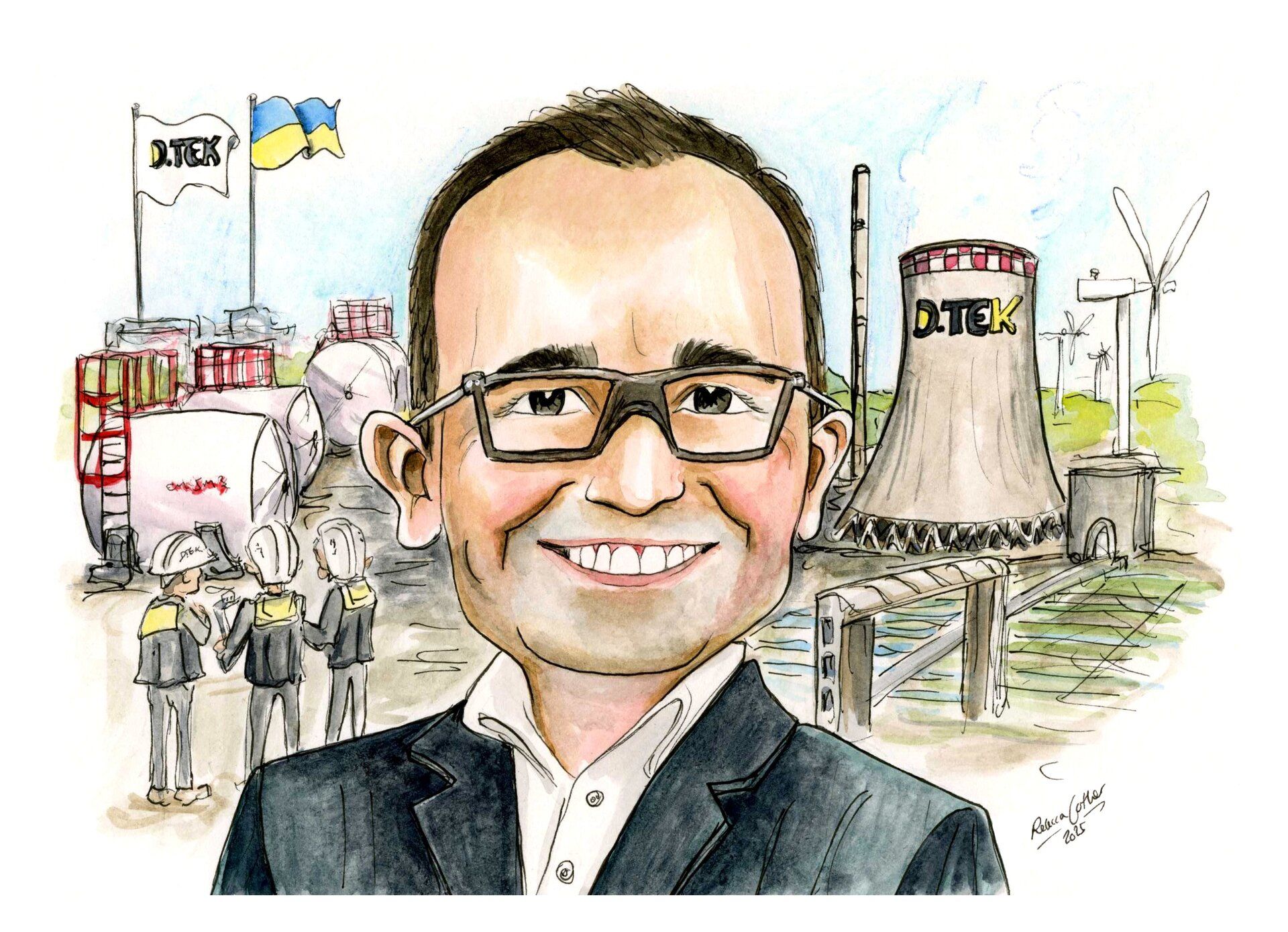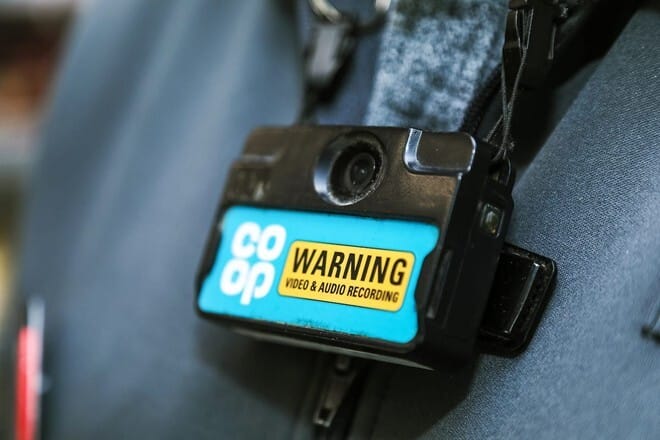- Corporate Affairs Unpacked
- Posts
- How do you measure purpose?
How do you measure purpose?
Anglian Water leads the way by publishing its first Purpose Impact Assessment Report


Welcome back.
I present you with the fourth Corporate Affairs Unpacked newsletter... as I said at the outset, this is a work in progress and I imagine the format will continue to adapt. Personally, I fear I am giving away too much 'free content' - I would like you guys to pay something for my musings! - so I'll probably start looking at that in the coming weeks.
I will also soon announce some events for September, which will be either free to attend or heavily subsidised for members of my Gold Community of subscribers.
I also have to up my game on LinkedIn to promote it all. The holiday is over. It's time for the real work to begin. 😨
PS Apologies - not many jokes in this one (which may be a relief for many!)
How do you measure purpose?
It’s an interesting question with, potentially, myriad ways of doing so. But Anglian Water Services has taken the process one step further. This week it published its inaugural Purpose Impact Assessment Report which sets out to demonstrate the impacts (both positive and negative) that the water company has on the environmental and social prosperity of the region it serves.
After all, its crowd-sourced purpose is To create environmental and social prosperity in the region we serve through our commitment to love every drop, which was once described to me as ‘the immutable truth of our business’.
It is actions like this that sets Anglian Water apart from some of the award-winning ‘purpose’ marketing puff/fluff campaigns, whose trophies last longer than the impact they claim.
Back in 2019, Anglian changed its Articles of Association to enshrine public interest objectives into its constitution, meaning that the board has to take account of the wider impact of the company’s actions, as well as delivering a fair return for shareholders.
But, as outgoing group chief sustainability officer Andy Brown commented on LinkedIn this week, that does not make an organisation purpose-led. It is merely the first building block. To be purpose-led needs an appropriate governance system that then is embedded across an organisation.
Its purpose was first underpinned by three values which effectively provide a framework that empowers employees to make decisions, while asking Did I do the right thing from the point of view of the business, the environment and our customers? An employee rewards and recognition programme was developed to reinforce this.
For the avoidance of doubt, Anglian Water’s Purpose Impact Assessment Report, which has taken two years to develop, is not an ESG report. It also does not claim that it is a ‘complete or perfect view’, but instead serves as an annual (and transparent) update on Anglian Water’s progress against its purpose. Brown describes it as ‘the last piece of our corporate governance jigsaw’.
It captures 30 of the water company’s most significant impacts, both positive and negative, in absolute terms. From operational carbon to compliance failures at its water treatment and recycling centres to drinking water quality to traffic disruptions, the breadth of impacts is wide-ranging.
A wide range of measurements is used, many of which are independently verified, to which Anglian has applied a monetary value for ease of comparison. As the report says: ‘We have sought to use the best values available alongside expert judgement and assumptions to provide an overview which is transparent, meaningful and understandable. Our Independent Challenge Group and Customer Board have been consulted in the development of our assessment, and at this moment in time, we believe it presents the most complete view and offers a valuable insight.’
For example, the report claims returning treated water to the environment brings a positive impact worth £781.1m to the region, while water leakages cost £39 million. Measurement methodology for two of the impacts is still a work in progress, but of the remaining 28, 17 had a negative impact, including interruptions to supply and storm overflow spills. Those within Anglian’s control are being addressed, while others require collaboration with other organisations to tackle.
In total, though, the monetary value of the positive impacts of Anglian Water’s corporate purpose currently outweighs the negatives. As Brown concedes in his message, this is not a perfect science and the methodology will likely evolve over time, but I think this represents the first time that a UK-based organisation has attempted to evaluate not the economic benefits of its existence, but the positive monetary value of being a purpose-led business.
If you’re trying to prove the value of your work to the board, this might be a good model to examine.
IN CONVERSATION WITH
Ben Harding, head of international communications, DTEK

Illustration by Rebecca Cother, Honkey Donkey
Most people would avoid a new job opportunity in a war zone, but it was the journalist within former Reuters alumnus Ben Harding that drew him to the role of head of international communications at Ukraine’s energy group DTEK. ‘You yearn for a bit of excitement…no, that’s the wrong word. You yearn for big and important stories and that, combined with a natural interest in politics and international affairs, just meant it seemed like a perfect fit.’
Initially, he thought ‘I’ll give it a go for a couple of months’. Within three days he had signed up to visit Kyiv, only to find himself in a bomb shelter listening to the sound of explosions an hour after arrival. ‘Once you’ve got that out of the way, and the slight anxiety, you think I can do this. I’ve seen the reality of war and what the situation in Ukraine is like, and I can handle it.’ Today, air raids ‘don’t faze me’.
He adds: ‘There was also a sense that there was something important to do here. And as I got deeper into the story, I became more connected and passionate about Ukraine. It is a beautiful and incredible country and so full of potential. It draws you in.’
CASE STUDY
Middle class shoplifters?
In a week where the middle class shoplifter is blamed for a rise in prices, it is perhaps apposite to revisit last year’s winner of the Grand Prix at the CorpComms Awards. The Co-op was the recipient of the trophy, plus one for Best Social Purpose Campaign, for its work to highlight the issue of shoplifting and the impact on its colleagues, several of whom had been attacked in its stores.
While other retailers have since come forward to discuss the issue, the Co-op was the first to publicly demand action. As a purpose-led organisation, part of its rationale for doing so, was the growing concern of its members about the issue which gave it license to speak out.
(Interestingly, it never used the term ‘middle class shoplifters’ nor the oft-used ‘cost of living’ excuse, recognising instead instead that organised crime played a significant role.)
The following is my write up of the Co-op’s entry last year, which impressed the judges with its multi-layered approach and also its impact. Why did it win? It was a campaign that set out to highlight an issue and to effect change. I think you’ll agree it was successful.

Fighting retail crime in the UK
The Co-op is the UK’s fifth largest food retailer, with 2,400 stores. Every day in 2023 around 1,000 criminal incidents were recorded across its estate, up 44 per cent over the previous 12 months, which included three or four physical assaults on colleagues.
It is not surprising that that Co-op claims the UK is experiencing a retail crime epidemic where criminals have ‘freedom to loot’. But this criminal explosion is largely being ignored by the police. Indeed, police forces fail to respond to around 71 per cent of all retail crimes. For example, one Co-op branch in Liverpool suffered 1,000 incidents in a year – but received just one visit from the police, while some stores report that it is the same individuals who are responsible for the majority of incidents.
This led the Co-op to launch a campaign to both raise awareness of this issue – which puts many retail workers at risk – and improve response rates. There were risks attached to such an approach. The Co-op was the first retailer to speak out publicly about retail crime, which, it was aware, could alienate both the police and Government.
Its three-pronged approach kicked off in July 2023 with a report that revealed the Co-op had suffered 336,270 incidents of theft, abuse and attacks on its staff over the previous year. It also claimed that its security guards were forced to release two in every five offenders they managed to detain because the police had failed to show up.
The report generated extensive media coverage, including interviews with Co-op spokespeople on Good Morning Britain, BBC Breakfast, BBC Radio 5 Live, BBC Radio 4 Today programme and lunchtime and evening news bulletins.
Print media followed, including an interview with Co-op Food’s chief executive Matt Hood in the Daily Telegraph, in which he explained that the rampant looting was not due to the cost-of-living crisis, as some had claimed, but to organised crime. For example, there was evidence that baby formula was being stolen to cut drugs.
Hood also called on MPs to support an amendment to the Criminal Justice Bill, then going through Parliament, which would make attacks on shop workers a crime, thereby forcing police to attend all incidents. The campaign forced an immediate response, with chief constables pledging more resources to tackle shoplifting.
And in October 2023, the Retail Crime Action Plan was announced. It offered clear guidance on how retailers should submit CCTV evidence, while also promising to prioritise police attendance at incidents where violence had occurred, where serial offenders had been detained or where evidence needed to be promptly secured.
The second phase, which launched in November 2023, used Respect for Shopworkers Week as a hook to call on the police, crime commissioners and the policing minister to make changes. And in February 2024, the Co-op published a report Stealing with Impunity, written by Dr Emmeline Taylor, professor of criminology at City, University of London, that set out a ten-point plan to turn the tide on prolific offenders and retail crime.
These included a commitment from police and crime commissioners to develop a strategy to tackle retail crime, a campaign to target the stolen goods market, presumption against custodial sentences of less than six months, and the introduction of a standalone offence for the Protection of Retail Workers.
The Co-op also called for MPs to back an amendment to the Criminal Justice Bill to make it a standalone offence to abuse a shop worker, while providing templates for 50,000 employees and five million members to send letters to local MPs.
Two months after its report’s publication, the Government announced plans to make assaulting a retail worker a standalone criminal offence, with prison sentences of up to six months, unlimited fines and bans on the perpetrator returning to the shop in which they committed their crimes. Breaching such an order is now a criminal offence carrying a five-year maximum sentence.
ODDS & SODS
🦉Friday wisdom from Alex Doorey, vice president of corporate affairs at Ovo Energy. While she concedes that using ChatGPT to draft and review press releases now saves 60% of the time her team used to devote to such works, Doorey finds that relying on generative AI to produce a final version throws up some interesting issues.
Over-capitalised headlines
Double dashes
Line breaks and rows of stars to break up text
Opinions being offered as facts, not quotes within a piece
Vagueness, like quotes such as ‘exciting times to come’
As Doorey points out, journalists will know. Yep, no flies on us! ❌🪰
🐯 Yesterday - 17 July - was World Emoji Day, when apparently the most appropriate way to celebrate is to share 50 emojis widely. If only I’d known this was the rule when it came to International Wine Day in May. Would happily have partaken. In case of confusion, I’ve illustrated this snippet with a tiger emoji as 1) my first time using, 2) hard to use otherwise, and 3) it didn’t even appear in last year’s top 100 emoji list. See, even the emojis are endangered!
🔭Interesting first insights from Wave 9 of the MHP Polarisation Tracker, shared by deputy CEO Nick Barron at an event hosting Richard Tice MP, deputy leader of Reform UK.
Its data puts Reform at 30%, that’s nearly ten points ahead of the Labour Party and 14 ahead of the Conservatives, which interestingly is also the same proportion that its polling classifies as ‘super distrusters’, people who have lost complete faith in the system but who also strongly identify with Reform.
What unites this group? Barron claims there are three factors.
They are pessimistic about the economy and distrust the system.
They are concerned about elite overreach.
They are concerned about immigration, and see Britain becoming a two-tier society.
He advises any organisation wishing to engage with Reform needs to show that their starting point is not to defend the status quo.
